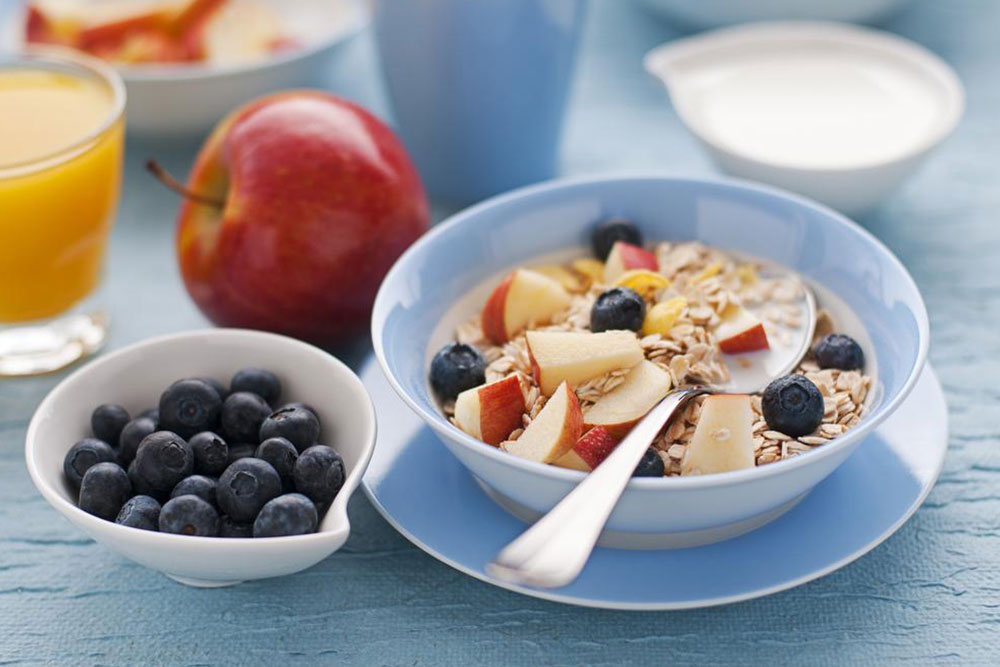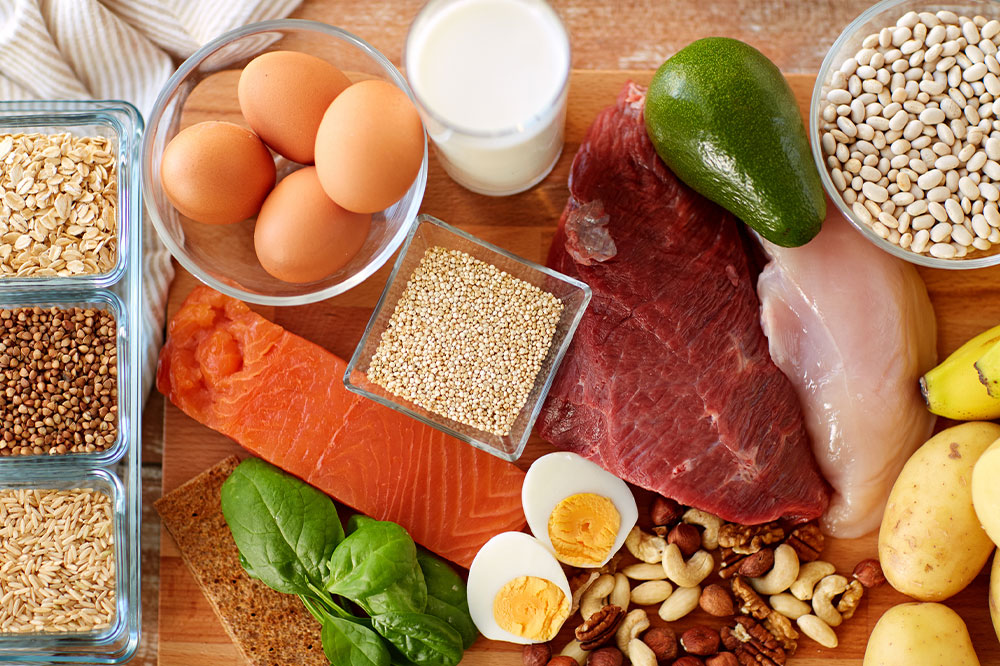Balanced Nutrition Guide for a Healthier Lifestyle
Discover an effective nutrition strategy for maintaining a healthy weight. This comprehensive guide emphasizes balanced meal choices, the importance of breakfast, smart snacking, and staying hydrated. Incorporating these tips along with regular physical activity can significantly improve your overall health and wellness, making it easier to sustain a fit lifestyle.

Balanced Nutrition Guide for a Healthier Lifestyle
Managing weight has become a significant concern in today's world. Many struggle to keep their weight within healthy limits—some face obesity issues, while others are underweight. Achieving and maintaining fitness requires a proper approach to diet and activity.
Key is avoiding overeating or fasting excessively. If you're seeking a reliable nutrition plan to balance your weight, consider these tips.
Never skip breakfast
Breakfast is essential for a successful health plan.
Start your day with a protein-rich breakfast to stay energized. Include items like dairy, lean meats, eggs, or fish. Avoid carb-heavy foods early in the day, as they can hinder weight management. A healthy breakfast helps control blood sugar and encourages better food choices throughout the day.
Mid-morning snacks
Tiny hunger pangs before lunch are common after a substantial breakfast.
Opt for light, nutritious snacks like oat biscuits, vegetable dips, or small portions of low-calorie foods to maintain energy levels until lunch.
Incorporate carbs during lunch
While protein is crucial in the morning, lunch can include moderate carbohydrates. Focus on lean proteins, whole grains, and plenty of salads to provide sustained energy for the day.
Healthy mid-afternoon or evening snacks
Breaking your meals into smaller, well-portioned parts can be effective. Keep fruits and nuts handy to boost energy and avoid indulging in chocolates or cheese dips which can disrupt metabolism.
Eat a wholesome dinner
Dinner should feature high-fiber, low-fat foods that are easy to digest, aiding in fat reduction. Include fish, prepared without heavy spices, for added health benefits.
Avoid junk food
Excessive eating or indulging in fast food is detrimental. Junk foods are hard to digest and can lead to weight gain, high blood sugar, and cholesterol issues. Limiting red meats and starchy foods, eating them occasionally, is advisable.
Monitor your fluid intake
Favor healthy beverages like berry juices and water. Limit sodas and avoid drinks with artificial sweeteners. Alcohol intake should also be controlled, as excessive drinking poses health risks. Staying well-hydrated is vital for overall health.
Variety in your diet is important; include different food groups across the week. While these guidelines are generally effective, consulting a dietitian can customize a plan suited for your body metrics. Remember, combining a balanced diet with daily exercise is key to maintaining a healthy weight.










